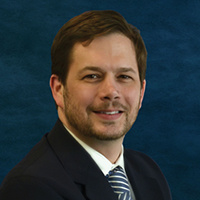Columbus Criminal Lawyer, Wisconsin
Sponsored Law Firm
-
 x
x

Click For More Info:
-
Hurley Burish, S.C.
33 East Main Street Suite 400 Madison, WI 53703» view mapEstate and Criminal Defense Law A Law Firm You Can Trust
Dedicated to providing clients with the comprehensive, creative, and thorough work.
608-257-0945
David E. Saperstein
✓ VERIFIEDCriminal, Traffic, DUI-DWI
David E. Saperstein is first, and foremost, a trial lawyer. He is in his element, at his best, when he is advocating for his clients in the courtroom.... (more)
David M. Stegall
✓ VERIFIEDCriminal, Accident & Injury, Workers' Compensation, Animal Bite
David M. Stegall is a shareholder at Lawton & Cates who was admitted to the Wisconsin Bar in 2006 after graduating cum laude from Marquette University... (more)
Robert A. Pretto
Workers' Compensation, Child Support, DUI-DWI, Civil & Human Rights, Personal Injury
Status: In Good Standing Licensed: 38 Years
FREE CONSULTATION
CONTACTRandall E. Doyle
Lawsuit & Dispute, Divorce & Family Law, Criminal, Accident & Injury, Family Law
Status: In Good Standing Licensed: 22 Years
Daniel J. Chapman
Landlord-Tenant, Lawsuit & Dispute, Workers' Compensation, Criminal
Status: In Good Standing Licensed: 72 Years
John A. Chavez
Felony, Misdemeanor, Juvenile Law, Gaming & Alcohol
Status: In Good Standing Licensed: 34 Years
 David Saperstein Madison, WI
David Saperstein Madison, WI Practice AreasExpertise
Practice AreasExpertise


